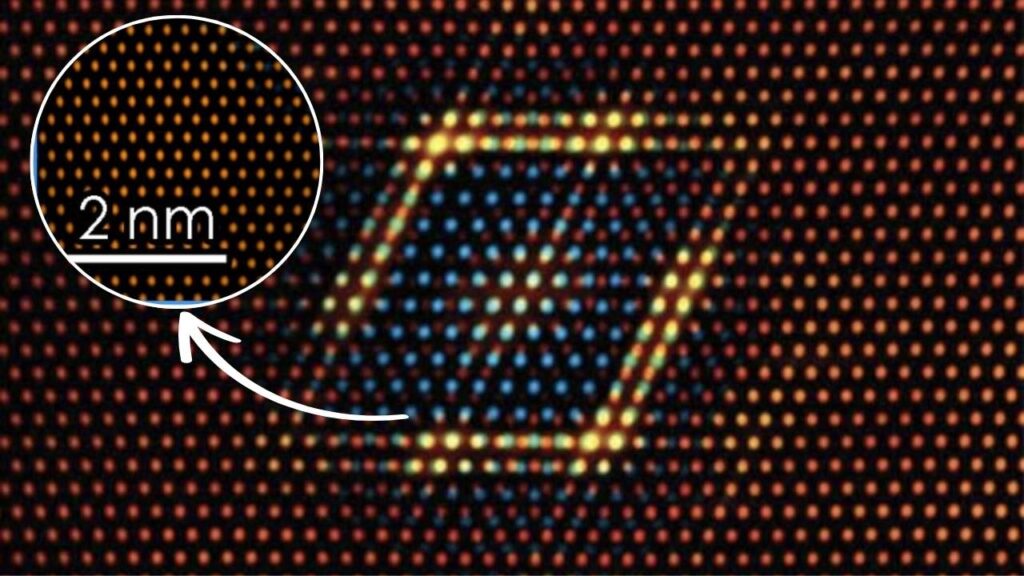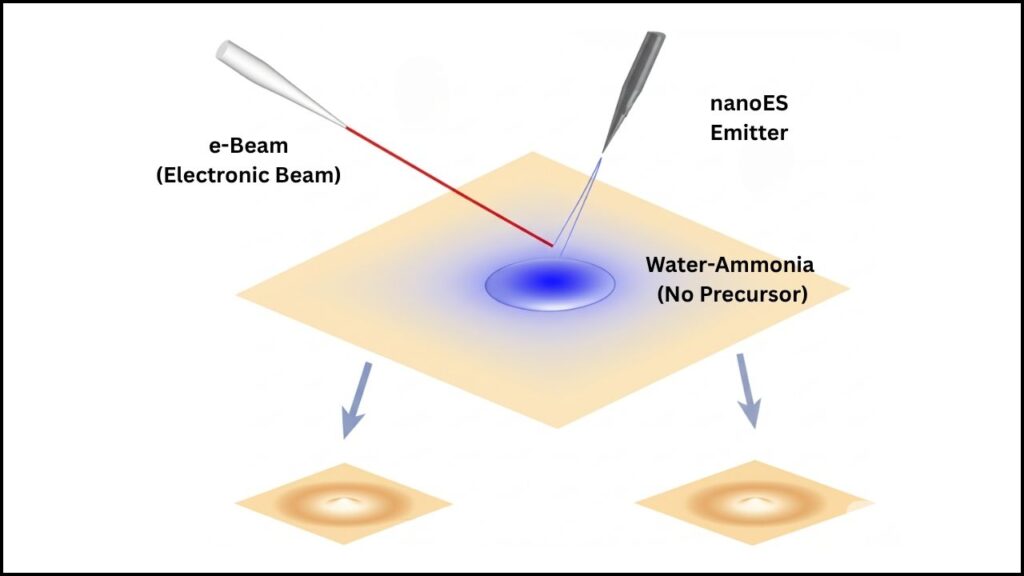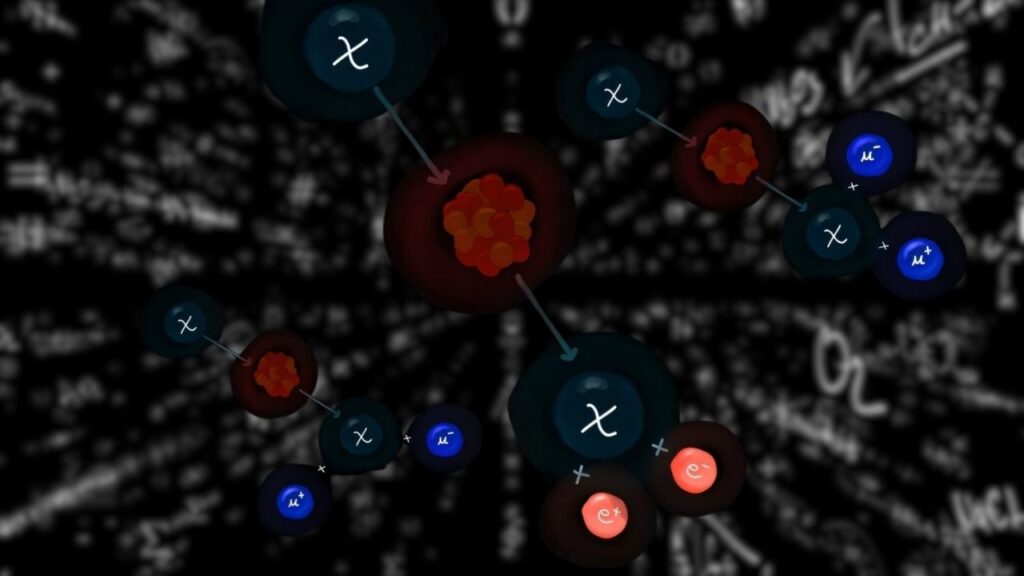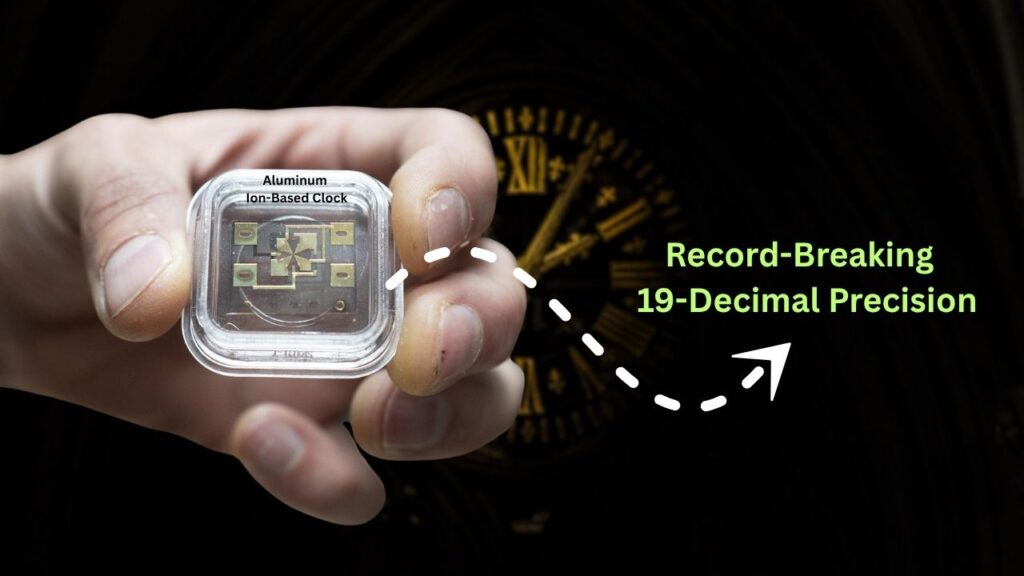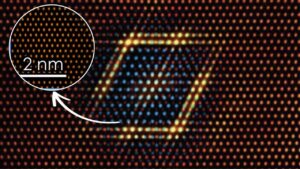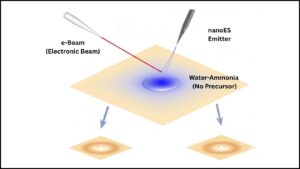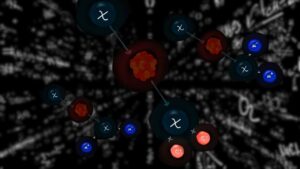What if scientists could actually reverse time—not just in a sci-fi movie, but in real life? Recently, researchers have achieved an incredible milestone in the realm of quantum physics by finding a way to reverse the flow of time inside tiny quantum systems. This discovery opens new windows to understand the universe, improve quantum computers, and maybe, just maybe, help us correct mistakes—at least at the microscopic level.
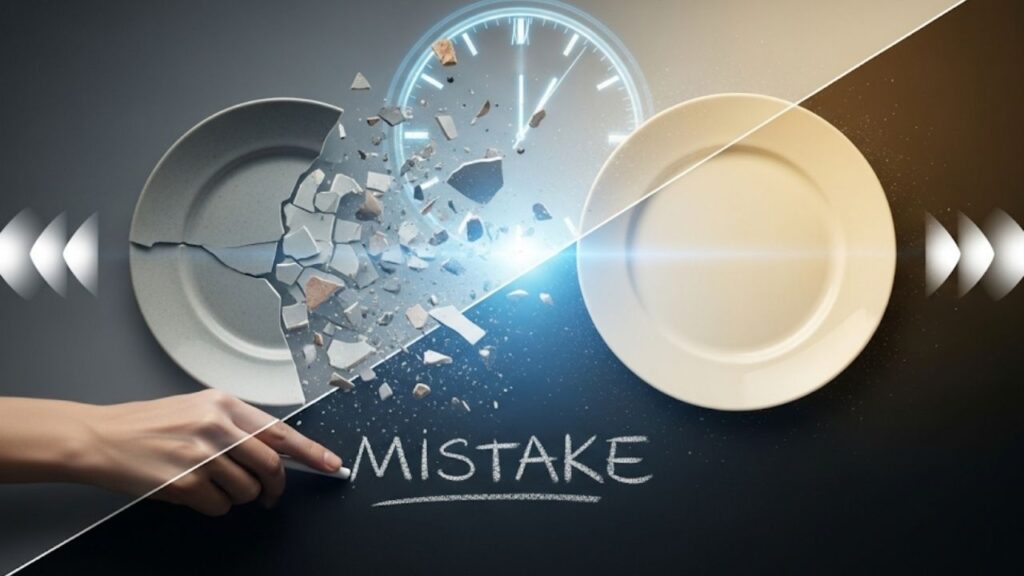
But what does it really mean to “reverse time”? Can we undo big life mistakes, or even travel to the past physically? This article breaks down the profound discovery in an easy-to-understand way, offering practical insights for curious minds and professionals alike.
Table of Contents
What Does It Mean to Reverse Time?
In everyday life, time moves forward—seconds turn into minutes, eggs scramble into omelets, and once spilled milk doesn’t magically leap back into the glass. This is called the arrow of time, the clear one-way motion we all experience.
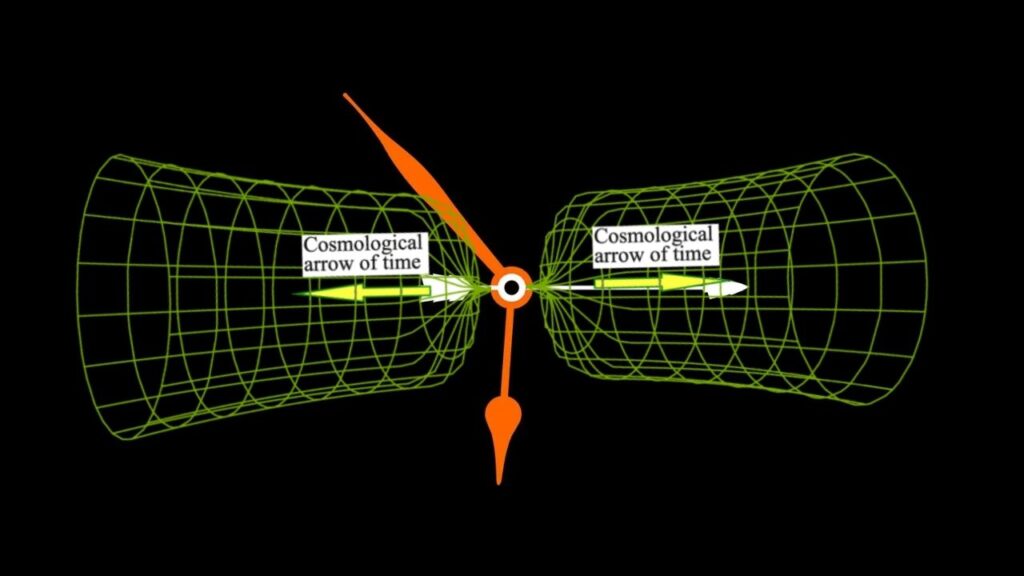
However, at the quantum level—the smallest scale of particles like photons (particles of light) and qubits (quantum bits)—scientists have discovered that time doesn’t always behave this way. In fact, time can move forwards and backwards in these tiny systems without breaking the laws of physics, as new studies reveal.
Using complex experiments involving quantum switches and quantum computers, researchers manipulated particles so that the system “rewound” to its earlier state, effectively reversing the direction of time’s flow in the quantum realm.
Scientists Just Found a Way to Reverse Time and Erase Mistakes
| Topic | Details |
|---|---|
| What is reversed? | Time flow inside quantum systems (photons, qubits) |
| How? | Quantum switches, IBM quantum computers, quantum algorithms |
| Success rate | Up to 85% success on small quantum systems (2-qubit systems) |
| Limitations | Complex and less practical to scale; doesn’t apply to everyday life or large systems |
| Practical applications | Quantum error correction, quantum computing advancement |
| Scientific authority | Research from University of Vienna, Austrian Academy of Sciences (ÖAW), University of Surrey |
| Official resource | University of Surrey Study (Scientific Reports) |
This amazing advance in quantum physics defies traditional views and promises transformative impacts on technology. While we can’t yet rewind our personal histories, the ability to reverse time at the quantum level opens new pathways for innovation and exploration.
In the evolving quantum landscape, understanding and harnessing quantum time reversal might be a stepping stone toward unprecedented computational power and insights into the fundamental workings of time and reality.
How Scientists Reversed Time in Quantum Systems: Step-by-Step
1. Understanding Quantum Systems
Quantum systems are tiny, weird, and different from the physical world we live in. Particles can exist in multiple states simultaneously (superposition) and be instantaneously connected across distances (entanglement).
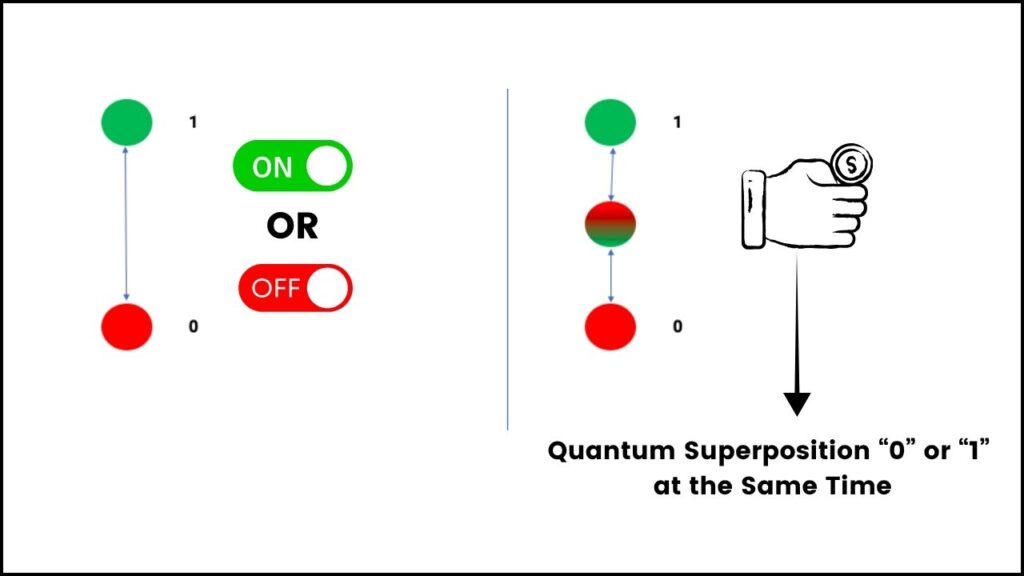
Qubits, unlike classical bits that are 0 or 1, can be both 0 and 1 at the same time, making them powerful for quantum computation.
2. Manipulating Quantum States with Quantum Switches
Scientists used a technology called a quantum switch, which controls the order of operations on a quantum particle. Think of it as pressing rewind on a TV remote but for a quantum particle’s state.
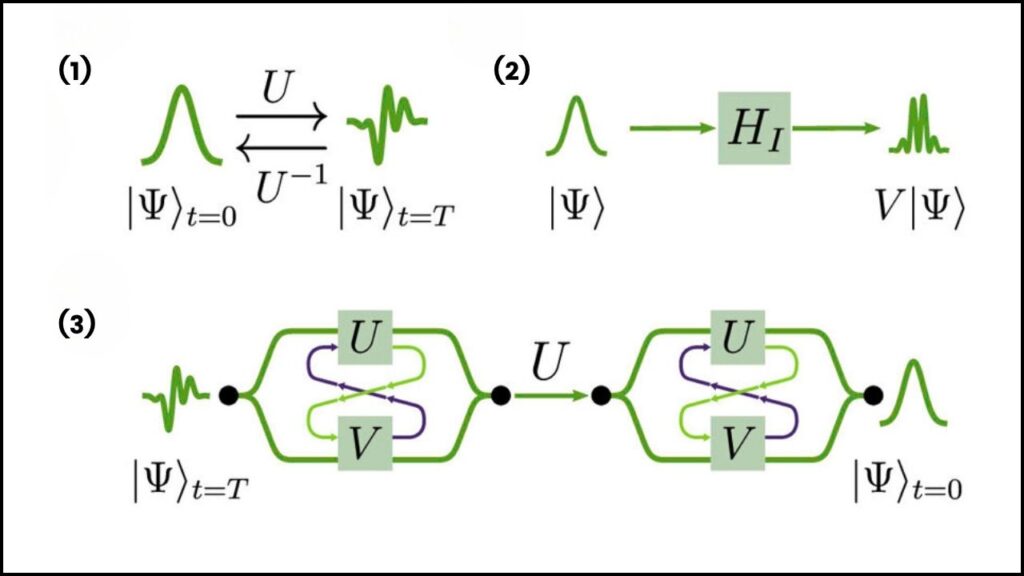
By guiding a photon or qubit through carefully designed paths in these switches, they could return the quantum system to a previous state—effectively taking a step backward in time for that particle.
3. Using Quantum Computers for Time Reversal
In an advanced experiment, scientists applied quantum algorithms on IBM quantum computers to reverse the states of qubits. They successfully reverted small systems (two qubits) to their original states with approximately 85% success.
However, the complexity grows exponentially as you add more particles, making it harder to reverse larger systems perfectly.
4. Why We Don’t Experience Time Reversal Normally
At the everyday scale, things get messy due to interactions with the environment that cause energy and information loss, making time’s arrow seem irreversible.
But at the microscopic quantum scale, these losses are minimal, and the laws of physics allow time to theoretically flow in both directions. Researchers from the University of Surrey explained this phenomenon as two arrows of time emerging in open quantum systems.
How This Discovery Advances Our Understanding of Time

The Arrow of Time in Classical Physics
The arrow of time is the concept that time moves forward, which is linked to the second law of thermodynamics — the idea that disorder (entropy) in a system always increases over time. For example, if you drop cream into your coffee, it mixes irreversibly.
The Quantum Twist on Time
At the quantum scale, the usual macroscopic rules don’t always hold. Physicists discovered that under certain conditions, quantum systems can evolve backward from a disordered, “messy” state to a more ordered one, which would be impossible on human scales.
This suggests the arrow of time may not be a fixed property but a variable feature depending on the system’s scale and interactions, giving rise to what some physicists call opposing arrows of time within the quantum realm.
Practical Implications for Quantum Computing and Beyond
1. Quantum Error Correction
Quantum information is fragile. Tiny disturbances—like thermal vibrations or electromagnetic noise—can cause errors. Reversing time flow in quantum bits offers a novel way to undo errors, potentially improving the reliability of quantum computations.
2. Enhanced Quantum Simulations
Rewinding time could enable scientists to simulate quantum systems more accurately by reversing unwanted interactions or returning systems to starting conditions for repeated measurements—a huge benefit for materials science, chemistry, and pharmacology.
3. New Technologies and Secure Communications
The control over quantum time flow could pave the way for new quantum cryptographic protocols and teleportation technologies, furthering secure communication networks immune to hacking.
A Personal Perspective for Professionals and Enthusiasts
As someone deeply involved in quantum technology, I find this discovery both thrilling and humbling. It reveals nature’s subtle rules that challenge our classical intuition. For professionals, understanding this phenomenon provides exciting new tools and concepts to push quantum tech boundaries.
If you’re aiming to work in quantum research or tech development, focus on mastering quantum mechanics fundamentals, practical programming on platforms like IBM Quantum Experience, and following the latest research from leading institutions.
Additional Step-by-Step Guide to Explore Quantum Time Reversal
Step 1: Learn Basics of Quantum Mechanics
Grasp concepts like wave-particle duality, superposition, entanglement, and quantum gates. Free courses online (e.g., MIT OpenCourseWare) can help.
Step 2: Dive Into Quantum Computing
Experiment with free-access quantum computers offered by IBM, Google, or Rigetti, building simple circuits and algorithms.
Step 3: Study Quantum Time Reversal Techniques
Explore research papers and experiment with quantum switches and quantum algorithms designed to reverse time flow in quantum systems.
Step 4: Collaborate and Research
Join academic or industry groups focused on quantum technologies. Collaborative projects help deepen understanding and expand skills.
SpeechSSM Breakthrough Brings Hyper-Realistic AI Voices in Record Time
Physicists Catch Light in Imaginary Time: What This Means for Science and You
Quantum Teleportation Between Computers Achieved for the First Time in History
FAQs About Scientists Just Found a Way to Reverse Time and Erase Mistakes
Can this discovery lead to human time travel?
No. Reversing quantum time states applies only to subatomic particles, not humans or macroscopic objects.
How does time reversal improve quantum computing?
It can undo errors by rewinding quantum states, making quantum computers more stable and reliable.
Is time reversal 100% accurate?
Currently, experiments achieve up to about 85% success in simple two-qubit systems. Larger systems pose challenges.
Does this change how we experience time?
Not in daily life. The classical arrow of time remains firm at macroscopic scales.
Where can I stay updated on this topic?
Follow journals like Nature Scientific Reports, and websites from the University of Vienna and University of Surrey for cutting-edge research.
